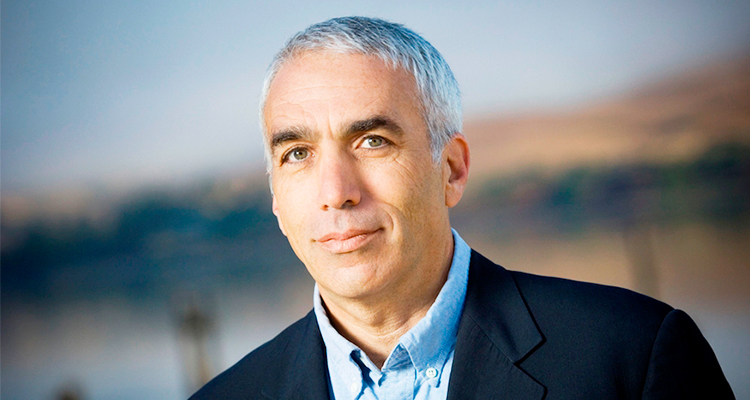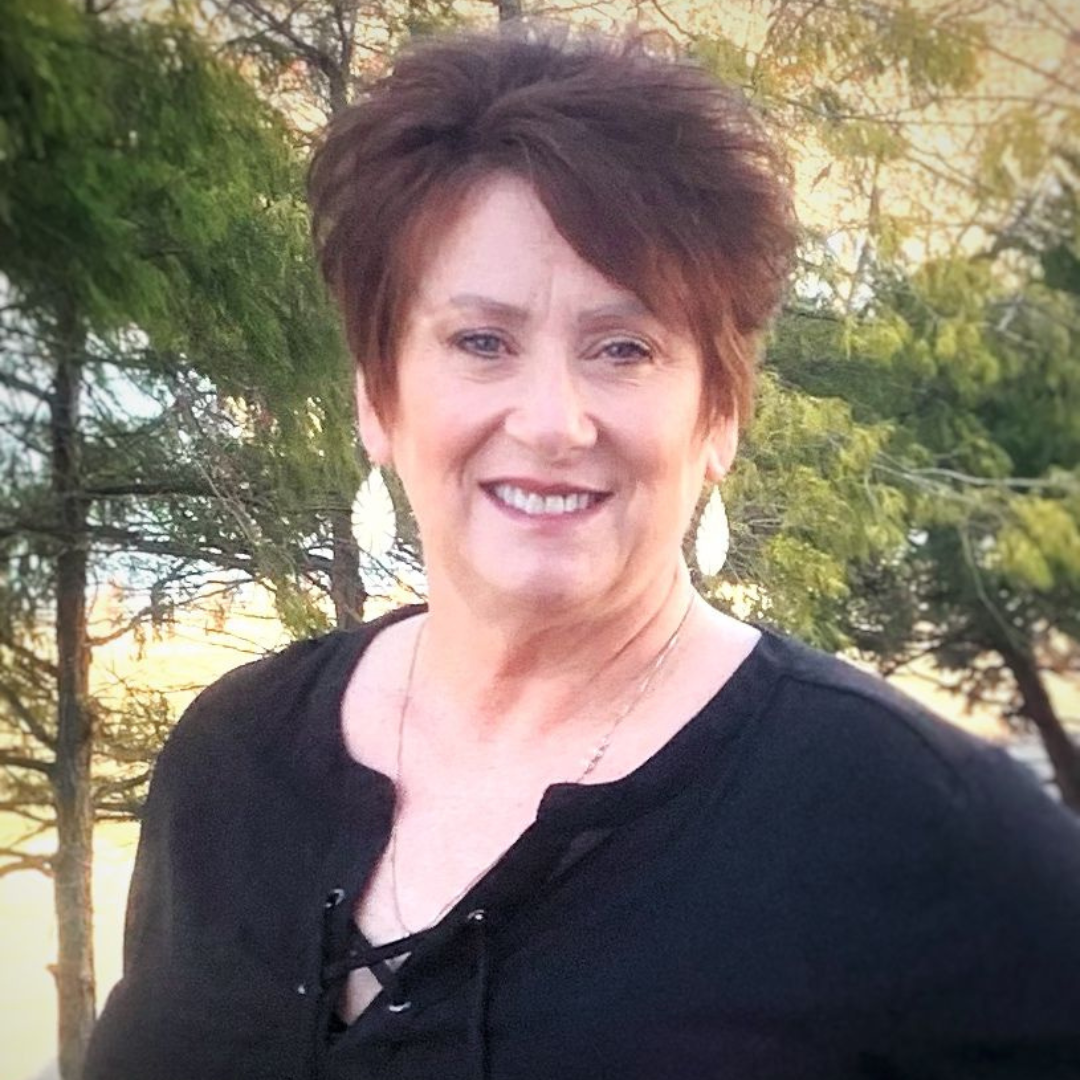 Editor’s note: David Sheff, author of the New York Times bestseller, “Beautiful Boy: A Father’s Journey Through His Son’s Addiction,” will be the guest speaker at West Liberty University’s Hughes Lecture Series at 7:30 p.m. Thursday, March 28, in College Hall. David’s book was adapted into an award-winning movie released last fall and can be viewed on many major media streaming services.
Editor’s note: David Sheff, author of the New York Times bestseller, “Beautiful Boy: A Father’s Journey Through His Son’s Addiction,” will be the guest speaker at West Liberty University’s Hughes Lecture Series at 7:30 p.m. Thursday, March 28, in College Hall. David’s book was adapted into an award-winning movie released last fall and can be viewed on many major media streaming services.
hen a family is at war against the demon that is addiction, it’s hard to see any light whatsoever at the end of the tunnel. The bonds between the addict and his or her parents, siblings and other relatives are often frayed to the thinnest of threads.
Families find it impossible to believe that the ragged remains of their relationships can ever be salvaged.
But David Sheff offers a strong message of hope to these families. “Relationships can and do heal through recovery,” said David. “Life goes on, better and stronger than ever.”
LIFE IN THE WAKE OF ‘BEAUTIFUL BOY’
David’s relationship with his son Nic is “wonderful” again following their struggle with Nic’s substance use disorder (SUD.) “We are closer than ever,” he says with pride. The pair are in almost daily contact and once again surf the California coast together as they enjoyed doing when Nic was younger.
David also shares that the relationships between Nic and his siblings, Daisy and Jasper, have recovered beautifully following the turmoil of years past. The three now live near each other and spend their free time together surfing and watching movies like thousands of other west coast brothers and sisters.
This would be unremarkable were it not for the years together that they missed out on due to Nic’s substance use.
The healing takes a great deal of time and hard work from everyone involved, David acknowledges, and the new relationship may forever bear the scars of the battle. But much like the Japanese practice of repairing broken objects with golden lacquer, recovery can bind those shattered relationships back together in a way that creates beauty from the brokenness while respecting the history behind the damage.
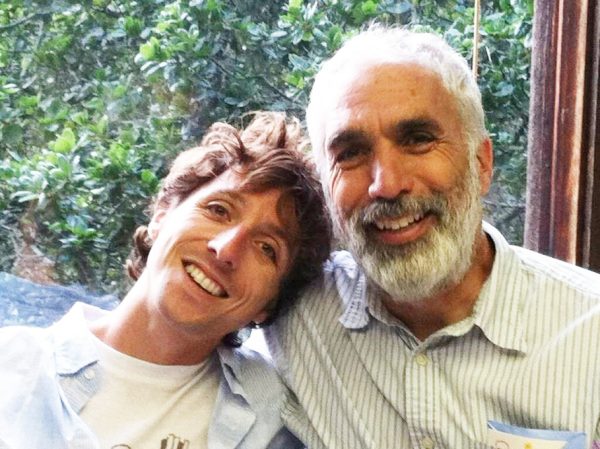
The Sheffs’ journey was a long and arduous one. Nic has now been clean for nine years. After so much time, does David still anxiously wait for a call from the police or the hospital as all parents of children with SUD do?
“No, I don’t,” David reveals. “And that’s a miracle. I see how Nic has changed and matured, and I trust the process more. He does everything he needs to do to stay sober. He’s grown up.”
When a person uses drugs as a teenager, they tend to mature at a slower-than-normal rate. Once they become sober, they often have a lot of mental catching up to do. According to David, this was true in Nic’s case. He shares that Nic has definitely matured in the past nine years and has become a healthier person, both mentally and physically. While worry will always be part of parenthood, David says that his faith in Nic’s commitment to recovery has significantly reduced the anxiety that he felt for many long years.
SEEING SUD AS A DISEASE
“Once you recognize SUD as a disease and not a choice, that realization changes everything,” David tells Weelunk.
In particular, he believes it helps to narrow your focus with regard to treatment decisions. David paraphrases a quote by Thomas McLellan, a well-known pioneer in the field of addiction research. “You wouldn’t send someone who just had a heart attack out of the ER with a pat on the back and instructions to go meet up in a church basement with others who’ve also had heart attacks,” he says, a bit of dark humor in his voice.
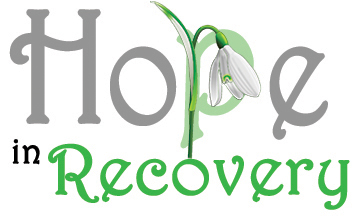 But often, that is precisely what happens when a person with SUD is released after being hospitalized. Evidence shows that SUD, like diabetes or asthma, is a medical disease; a bonafide disease of the brain. As such, David emphasizes that it must be treated by a full spectrum of medical specialists who are trained in addiction. A good treatment team will offer an integrated intervention plan, which includes detoxification programs, psychotherapy and psychiatric diagnosis, medical treatment and prescription medications, and self-help and support groups.
But often, that is precisely what happens when a person with SUD is released after being hospitalized. Evidence shows that SUD, like diabetes or asthma, is a medical disease; a bonafide disease of the brain. As such, David emphasizes that it must be treated by a full spectrum of medical specialists who are trained in addiction. A good treatment team will offer an integrated intervention plan, which includes detoxification programs, psychotherapy and psychiatric diagnosis, medical treatment and prescription medications, and self-help and support groups.
Co-occurring disorders, also known as dual diagnosis, is the term used when a person experiences both SUD and a mental illness simultaneously. Among those with SUD, dual diagnosis is very common. David reveals that Nic also has bipolar disorder and depression. Having Nic’s co-occurring disorders properly diagnosed was vital to his recovery, David says. Once Nic was being treated with the right therapy and medications, his relapses finally ceased.
ADVICE FOR OTHER PARENTS
First and foremost, David says parents must learn to see SUD as a disease and not a moral issue. If they discover that their child suffers from this disease, they must seek appropriate specialized medical treatment for it.
David believes that in addition to co-occurring mental illness, teenage stress is a major risk factor for SUD. Stressors such as bullying, divorce and learning disabilities make childhood and adolescence incredibly challenging. He urges parents to do everything in their power to help reduce such stress in the lives of their children.
“We need to protect our children as best we can,” David declares. “Being young is hard.” Also, David encourages parents to trust their gut instincts when it comes to their children. If a parent feels that something is wrong, it probably is.
If you know your child is suffering from SUD, David recommends visiting the websites for the American Society of Addiction Medicine or American Academy of Addiction Psychiatry. These sites can direct you to local resources that can help your child get the help he or she desperately needs. Research has shown that recovery outcomes are substantially improved by family and community support.
Parents naturally want to help their children when they are suffering, and parental love is often the greatest motivation for change. But David points out that it’s equally important for moms and dads to practice self-care. Just as you put on your own oxygen mask first on an airplane so that you’re equipped to help your child, parents need to ensure that they are well prepared to help their children fight SUD. Seek professional counseling and therapy. Take time to do activities that you enjoy. Learn and practice stress reduction techniques.
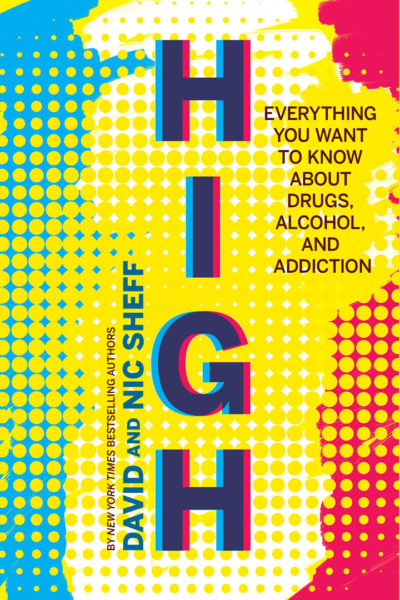 CURRENT PROJECTS
CURRENT PROJECTS
David and Nic now frequently travel together to promote their writing projects. In January, the Sheffs’ book ‘High: Everything You Want to Know About Drugs, Alcohol, and Addiction’ was released. The book is geared toward young readers of middle school age. David believes that the old adage of “Just Say No” should be replaced by an updated one: “Just Say KNOW.” He feels that if young people are given accurate information about drugs and the consequences of using them, they will be better able to make their own decisions about experimenting with them in the first place.
David is contacted frequently by other families who have been positively impacted by the Sheffs’ tale. He says “Beautiful Boy” was always about more than just his personal journey with Nic through SUD to recovery. His biggest hope is that their story can help others look upon those who are addicted with greater compassion.
“If it helps people open up to one other and forgive one other, then it’s been incredibly healing,” says David.
More information about the lecture, is available here.
• A lifelong Wheeling resident, Ellen Brafford McCroskey is a proud graduate of Wheeling Park High School and the former Wheeling Jesuit College. By day, she works for an international law firm; by night, (and often on her lunch breaks and weekends) she enjoys moonlighting as a part-time writer. Please note that the views expressed in her writing are solely her own and do not necessarily reflect those of anyone else, including her full-time employer. Through her writing, Ellen aims to enlighten others on causes close to her heart, particularly addiction, recovery and equal rights. She and her husband Doug reside in Warwood with their clowder of rescued cats, each of whom is a direct consequence of his job as the Ohio County Dog Warden. Their family includes four adult children, their spouses and several grandkids.


